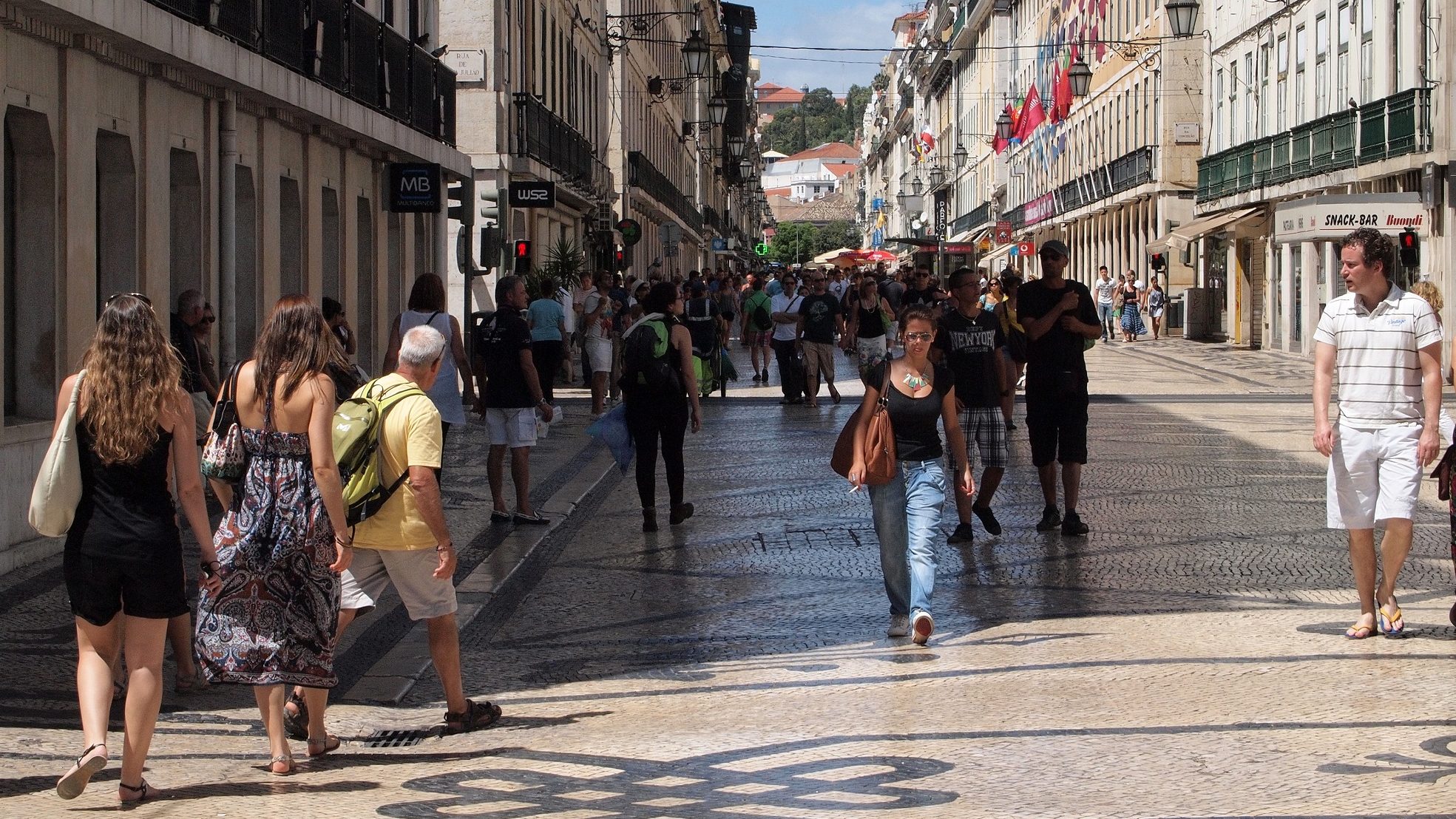How much does a Portuguese earn, on average?
Monthly wages are going up, even though they are still quite far from the Eurozone average. There is still a significant difference in wages between the public and the private sector.
Wednesday, 29th of August. For many people all over the country, it is time to get their paychecks for last month’s work, especially for those working in the private sector. This is a particularly important time of the month, as many expenses are charged in accordance with the day of the month in which people declared they would get their paychecks.
Even the house mortgages are signed taking this day into consideration.
But how much exactly do the Portuguese earn in average?
According to the Portuguese Office for National Statistics (INE), on average, the Portuguese earned, during the second quarter of 2018, €887 monthly.
This is the highest value recorded in the Portuguese economy since the fourth quarter of 2011 (the year in which this dataset was started), in which the average hit €813.
INE’s data refer to average net earnings relative to the main source of income, meaning it already counts taxes, Social security, and other expenses that employees have to take into consideration, but it also includes parcels that are paid regularly or periodically, for instance, monthly food allowances, seniority bonuses, extra hours payments, deductions for absence among others.
The most recent data showed that, by the second trimester of 2018, there had been a chain growth of about 11 euros, and a year-on-year growth of 36.
Troika years were marked by a decrease in the public sector’s wages, and unemployment ultimately meant a reduction in wages.
In the year 2014, the lowest average salary recorded on the INE dataset was reached (€802), with the country still sinking under the shipwreck of economic uncertainty troika brought to the Portuguese shores.
Gradually, the situation improved as the economic context was bettered, both nation-wide and on the European level, with the Portuguese economy feeling less strangled by the troika.
Government workers felt the difference in their wages, as these started to recover from the previous cuts. This progressive path has started being paved in 2015, still under Passos Coelho’s executive, and it accelerated during Costa’s governance of the country. By October 2016, the wages were paid in its entirety.
Regarding the private sector, in which the large majority of people getting paid the minimum wage are concentrated, the increase of about 4.1% to €580 in the minimum wage influenced many people. In 2019, the legislative proposal from BE/Greens/PCP/PS targets the €600 threshold, according to their joint political agreement.
On a macro level, the wage increase was “shy” and it shall continue evolving this way, as the BdP has said earlier this year, in March. However, many independent studies from consulting companies have pointed out a growth of about 2% in incomes for 2017 and 2018.
On an international level, Portugal isn’t performing so well, when compared to other countries. Eurostat data showed that the net income in Portugal is €765 per month, while the Eurozone average was €1.495 — meaning that the Portuguese intake is, in average, half of the EU19’s average income.
Besides the overall economic situation, the wages are influenced highly y the level of qualifications workers have.
A study published by Fundação Francisco Manuel dos Santos in 2017 showed that those with a bachelor degree were more prone to have higher salaries than the rest of the population. Alongside this, they were also less affected by unemployment and had less exposure to precarious working situations.
“Over the course of the first ten years of work, a master level qualified worker will earn an average 80% higher than if it had only finished the higher education, while the difference for a bachelor graduate will earn 50% more than the latter”, the study concluded.




